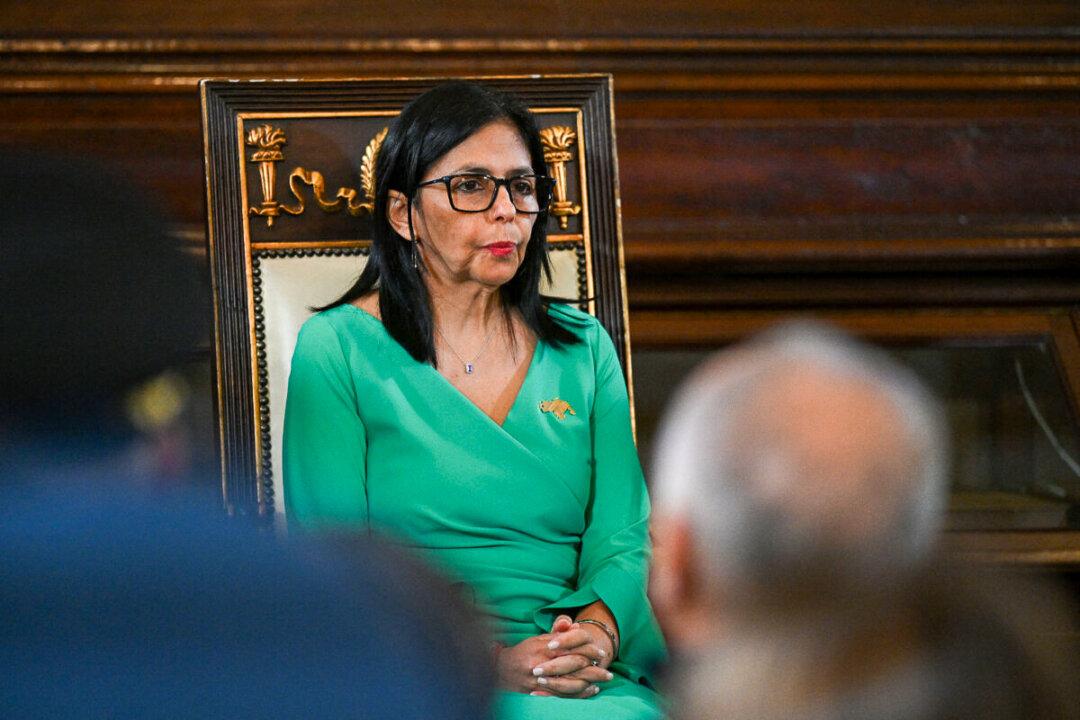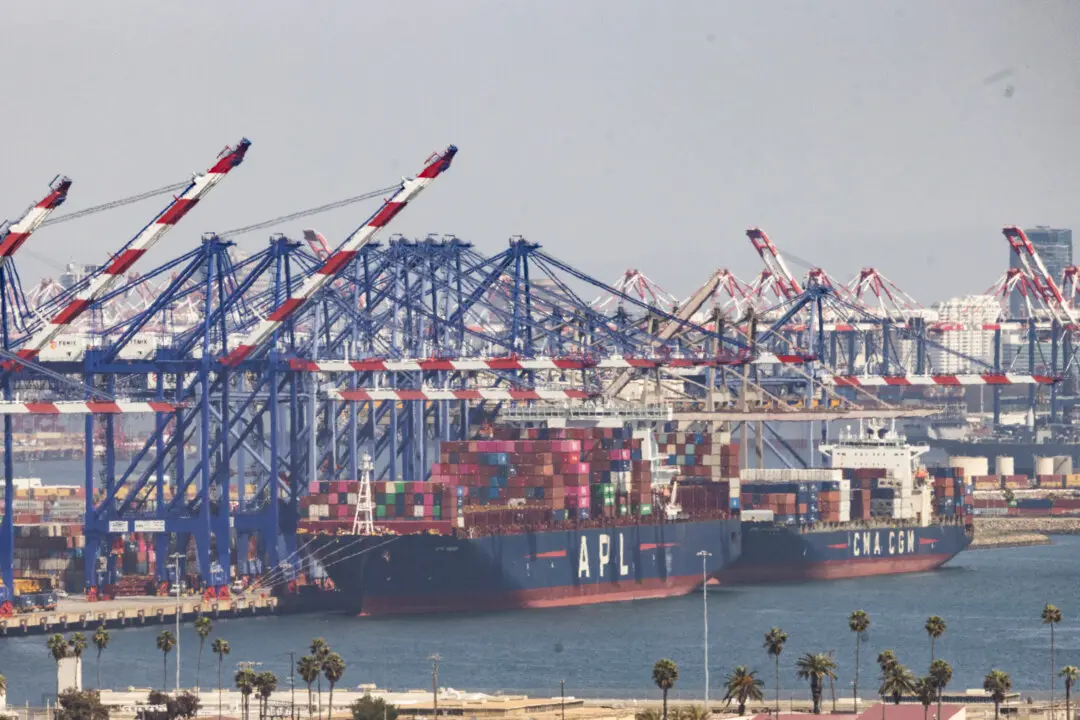Natural gas prices in Europe fell after the region’s leaders agreed on measures to contain the energy crisis, including a proposal to set price caps.
European Union (EU) leaders called on the European Council and the European Commission to “urgently” submit decisions regarding “a temporary dynamic price corridor on natural gas transactions to immediately limit episodes of excessive gas prices,” according to a press release on Oct. 21. Dutch TTF gas futures were down by 10.89 percent, as of 11:22 a.m. EDT. In the year between Oct. 22, 2021, and Oct. 20, 2022, Dutch TTF gas prices have risen from €43.55 to €127.15, a jump of almost 300 percent.





